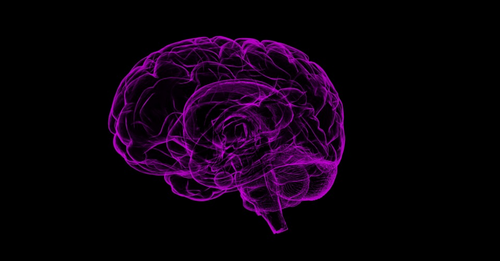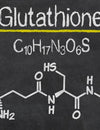Coffee and tea are 2 very common beverages that people drink daily. Most people, however, drink either coffee or tea, but rarely both.
Interesting research shows that you may get more benefits if you drink both coffee and tea on a regular basis.
Coffee and tea, and especially green tea provide antioxidants.
The most common ones are polyphenols in coffee and catechins in tea.
Coffee and tea also contain caffeine, but tea also contains L-theanine which is an amino acid.
Theanine provides additional benefits.
When 50 mg of caffeine was studied with or without 100 mg of L-theanine, it showed that caffeine improved subjective alertness and accuracy (Owen GN, et.al., 2008). The caffeine and L-theanine combination improved both speed and accuracy of performance.
People drinking 3-5 cups of coffee daily at midlife provided good observations to have a decreased risk of dementia and Alzheimer’s disease by about 65% at late-life (Eskelinen MH, Kivipelto M., 2010).
Caffeine is beneficial.
Research has also shown that the moderate amount of caffeine found in coffee protected against both cardiovascular disease and Alzheimer’s disease (You DC, et.al., 2011).
Both coffee and tea have a protective effect on the nervous system. They also have been associated with a lower risk of Parkinson’s disease (Hu G, et.al., 2007).
How To Improve Memory By Drinking Tea and Coffee
How to improve your memory can be as simple as drinking coffee and tea daily. If you are already doing that, you may even want to increase the amount you are drinking, unless you are very sensitive to caffeine.
You should not drink either coffee or tea too late in the day, since the caffeine may affect your sleep. Moreover, you will spend more than 6 hours to eliminate caffeine from your body.
References:
Eskelinen, M. H., & Kivipelto, M. (2010). Caffeine as a protective factor in dementia and Alzheimer’s disease. Journal of Alzheimer’s Disease, 20(s1), S167-S174.
You, D. C., Kim, Y. S., Ha, A. W., Lee, Y. N., Kim, S. M., Kim, C. H., … & Lee, J. M. (2011). Possible health effects of caffeinated coffee consumption on Alzheimer’s disease and cardiovascular disease. Toxicological research, 27(1), 7.
Hu, G., Bidel, S., Jousilahti, P., Antikainen, R., & Tuomilehto, J. (2007). Coffee and tea consumption and the risk of Parkinson’s disease. Movement Disorders, 22(15), 2242-2248.
Owen, G. N., Parnell, H., De Bruin, E. A., & Rycroft, J. A. (2008). The combined effects of L-theanine and caffeine on cognitive performance and mood. Nutritional neuroscience, 11(4), 193-198.
If you like to drink green tea, you should drink it rather than taking it in capsule form. But, if you don’t like drinking tea, capsules are a good alternative.








